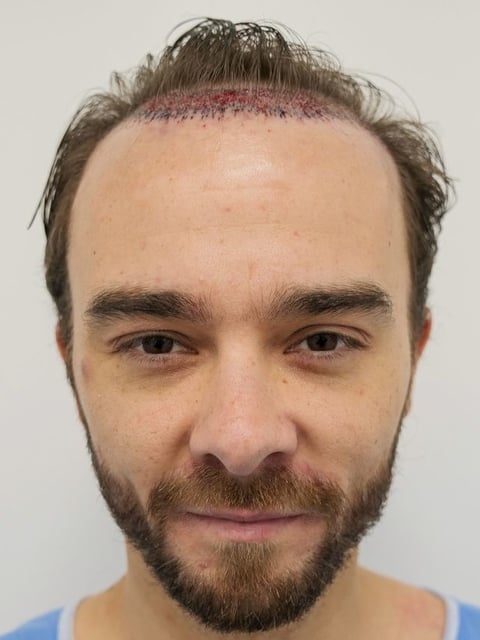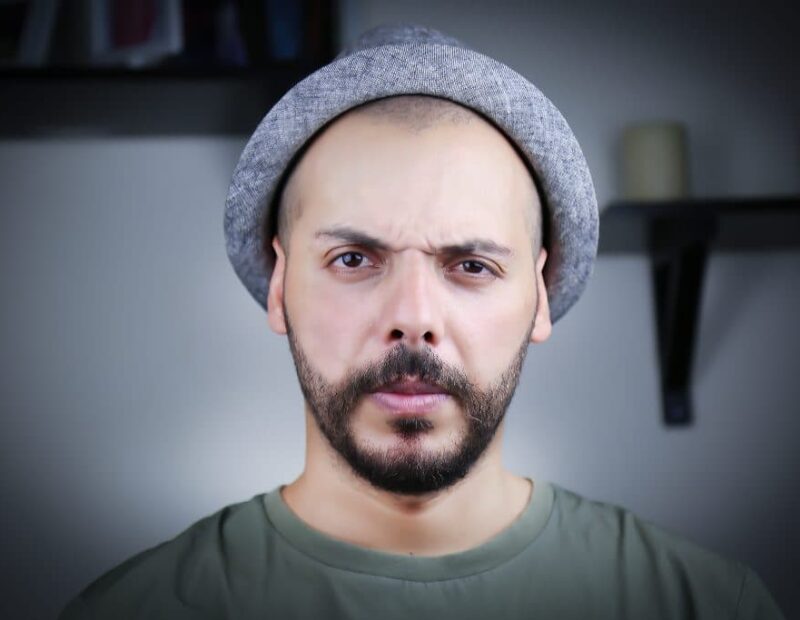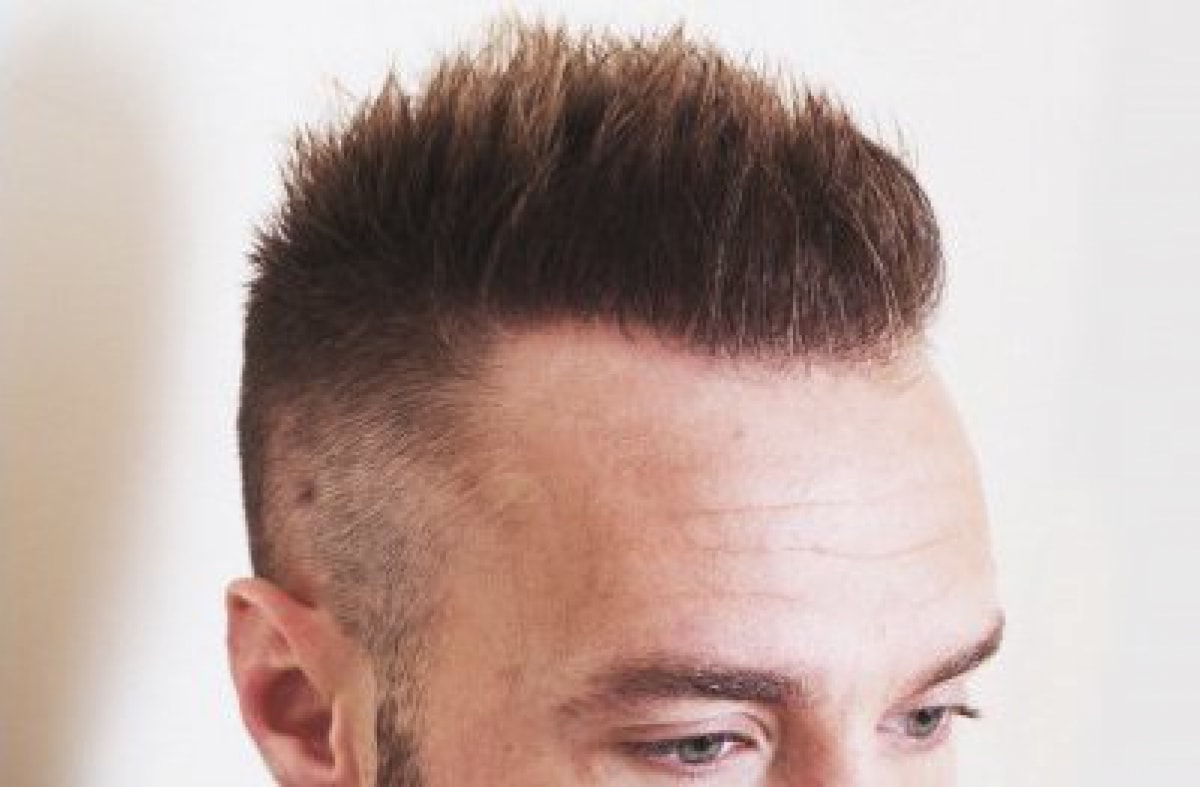There are so many questions related to hair transplantation procedures that people ask both themselves and the experts. The most frequently asked question is ” Will my hair fall out even after hair transplantation surgery? “. Hair transplant longevity is generally based on the genetics of the person. There is one certain rule, if the person’s hair is predisposed to fall out, there is nothing he/she can do about it. This person should strictly avoid a possible hair transplantation procedure.
In order to understand the purpose of hair transplantation, a person should have reasonable knowledge about pattern male baldness. Most people’s hair starts balding in the forehead, and the top of the head. Male pattern baldness is considered irreversible meaning there’s no proof that it can be cured with medication or some therapy sessions ( mesotherapy ).
Purpose of Hair Transplantation
A typical hair transplantation procedure ( FUE ) involves the extraction of hair follicles from the donor area of the scalp and plantation of them on the recipient area of it. The donor area is generally the back of the head because the hair roots are considered the longest surviving ones. The purpose of hair transplantation is to restore the hair density and provide some good hair strands which are not likely to fall out again.
People who consider getting a hair transplantation procedure should figure what causes their hair loss first. If they’re not troubled with something that may even cause their hair on the donor area fall out, and not also diagnosed with a chronical disease or diabetes, they are considered a good candidate for such procedures. The hair on the back of the head is generally not predisposed to fall out, so most of the patients’ hair is almost guaranteed not to fall out. However, they may be suggested to use minoxidil for the rest of their lives in order to prevent further after-surgery balding.







